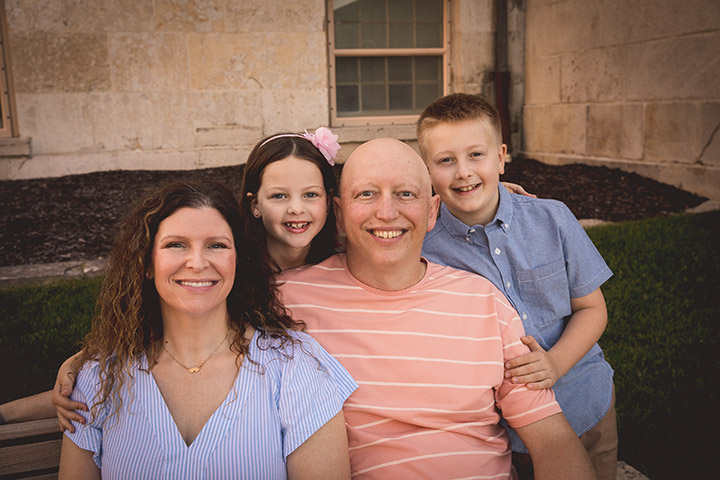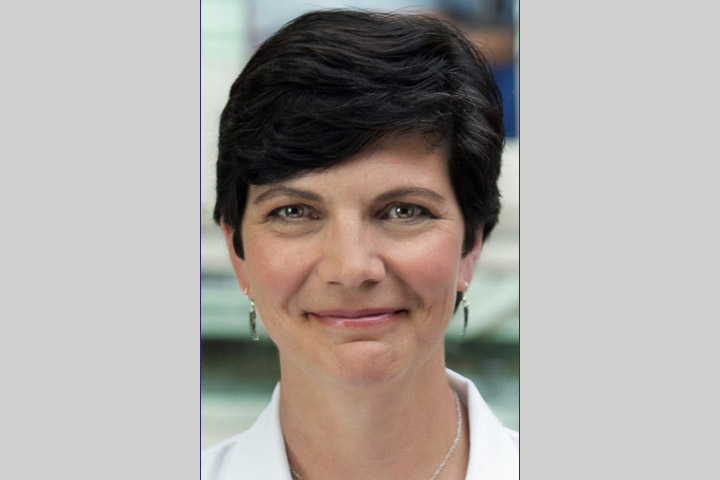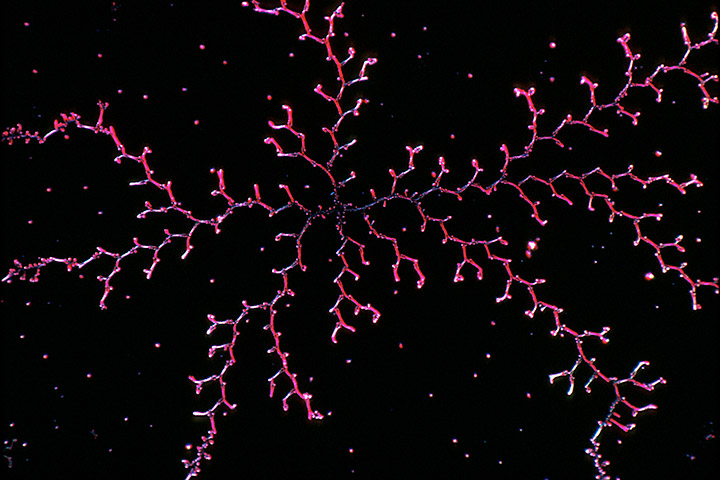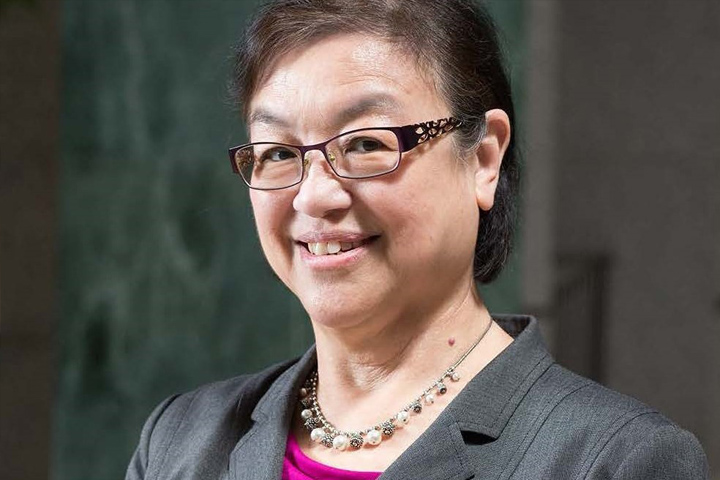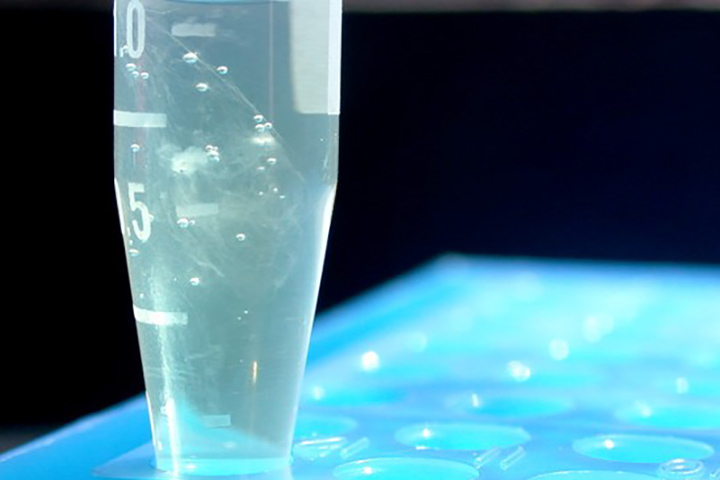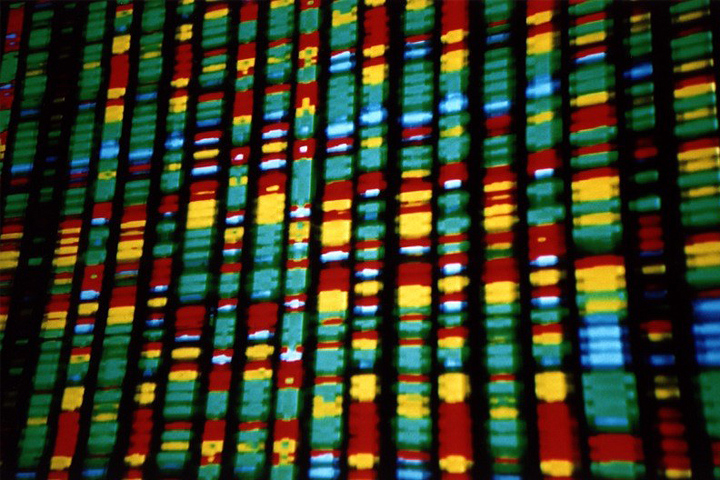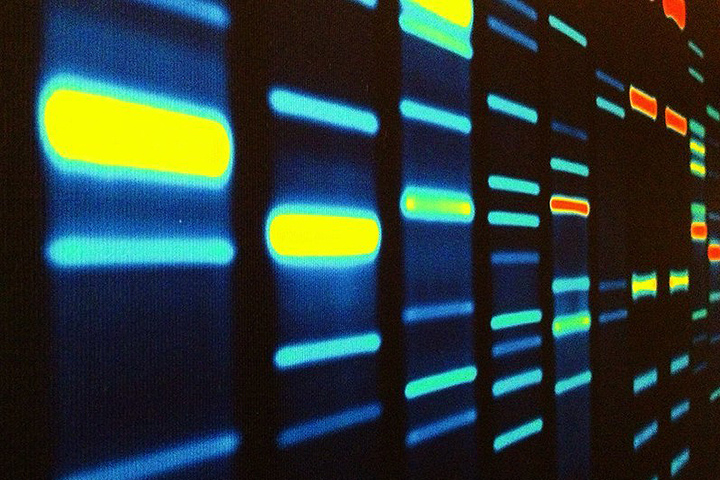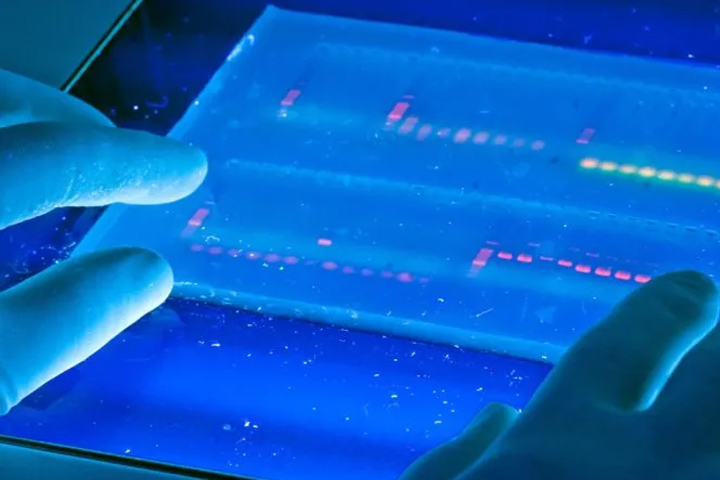Genetic Mutations and Family History
106 articles
Pancreatic Cancer and Family History
Dr. Diane Simeone is developing a tablet-based family history survey to identify patients with a genetic-based risk for developing pancreatic cancer.
Treating BRCA-Negative Pancreatic Cancer Patients with a Family Cancer History Similar to BRCA Carriers
A clinical trial looks at the effectiveness of a PARP inhibitor in BRCA-negative pancreatic cancer patients with a family history BRCA-type cancers.
A New Triple Combination for Tumors with BRCA1/2 or PALB2 Mutations
A clinical trial is comparing a two-drug combination with a three-drug combination to see which works better for genetic mutations.
Genetic Testing for All Pancreatic Cancer Patients
A study by Dr. Gloria Petersen’s research team has led to an official recommendation that all pancreatic cancer patients get genetic testing.
Decoding the Differences between At-Home and Medical Genetic Testing
Genetic counselors Jill Stopfer and Heather Hampel explain the differences between at-home and medical genetic testing, including precision and knowledge.
Exploiting DNA Mutations For Pancreatic Cancer Treatment
Dr. James Cleary explains how the researchers at Dana-Farber are looking to make PARP inhibitors even more effective for pancreatic cancer patients.
The ABCs of Genetic Testing
There are a number of different genetic mutations that can cause familial pancreatic cancer. This article explains some of the most common ones.
Studying One Family’s Mutations May Change Pancreatic Cancer Treatment and Prevention
Dr. Sahar Nissim is studying the genetic mutations in one family predisposed to pancreatic cancer, to find new ways to combat the disease.
Improving Access to Genetic Testing and Counseling
Dr. Angela Bradbury is leading a study on access to genetic testing and genetic counseling, including a telehealth option.
Genetic Testing Can Help Those You Love
Dr. Fay Kastrinos, director of the Muzzi Mirza Pancreatic Cancer Prevention and Genetics Program at Columbia University Medical Center, explains the value of genetic testing for cancer prevention and treatment.

